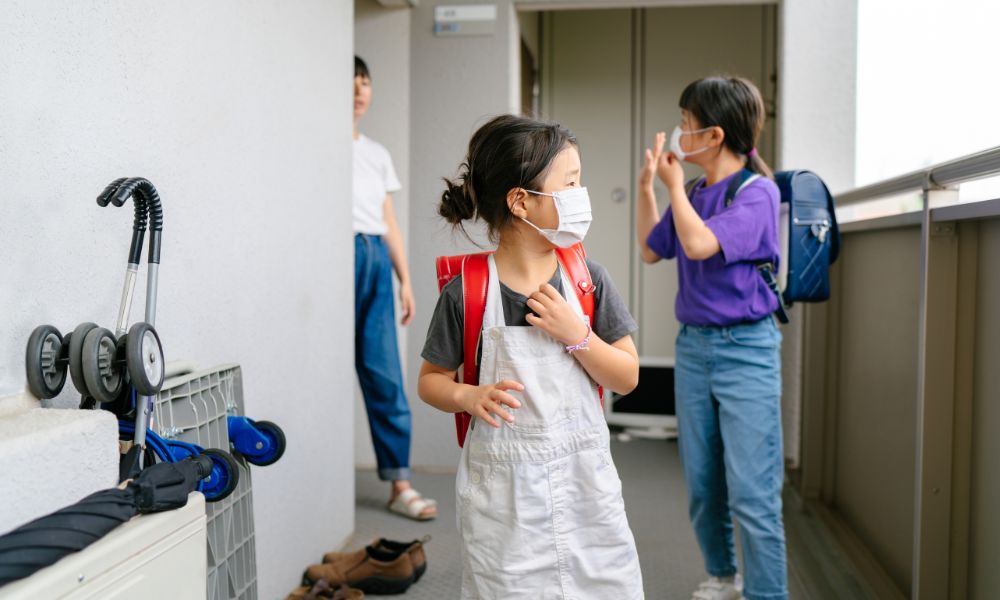Choosing the right age to send your child to private school is a significant decision that can impact their educational journey and overall development. As a parent, you want to ensure that your child receives the best education possible, tailored to their individual needs and abilities. The question remains, at what age is it best to enroll your child in a private school? In this article, we will explore various factors to consider when making this important decision. For parents who are contemplating this step, Learn & Explore Academy provides an exceptional environment to nurture your child’s growth and development.
Early Childhood (Ages 3-5)
Early childhood is a crucial period for cognitive, social, and emotional development. Many private schools offer preschool programs designed to give young children a strong foundation in basic skills and learning habits. Enrolling your child in a private preschool at ages 3-5 can provide them with an early start in a structured learning environment. These programs often emphasize play-based learning, social skills, and early literacy and numeracy.
At this age, children are naturally curious and eager to learn. A private school setting can provide individualized attention and a low student-to-teacher ratio, ensuring that your child’s unique needs are met. Additionally, the rich variety of extracurricular activities available can help foster a love of learning from an early age.
Kindergarten (Age 5-6)
Kindergarten is another popular entry point for private school enrollment. By age 5-6, children have typically developed the necessary social and cognitive skills to thrive in a more formal educational setting. Private kindergartens often focus on foundational academic skills, socialization, and the development of independence and self-regulation.
Choosing to start private school at kindergarten allows children to benefit from a cohesive educational experience from the outset. It can be particularly advantageous for children who may need a more tailored approach to learning, as private schools often offer specialized programs and resources that public schools may not.
Elementary School (Ages 6-11)
For some families, the decision to switch to private school comes later in elementary school. This might be due to a desire for a different educational approach, dissatisfaction with the current school, or the child’s changing needs. Enrolling your child in a private school during elementary years can provide them with a supportive and academically rigorous environment.
During this stage, children are developing critical thinking skills and a deeper understanding of various subjects. Private schools can offer advanced curricula, a broad range of extracurricular activities, and opportunities for individualized instruction. This can be particularly beneficial for children who excel in certain areas and need more challenges to stay engaged.
Middle School (Ages 11-14)
Middle school is a transitional period where students prepare for the academic and social demands of high school. It is an ideal time to consider private school if you are looking for a more structured and nurturing environment. Private middle schools often provide smaller class sizes, which can lead to more personalized attention and support.
At this stage, children are developing their identities and exploring their interests. Private schools often offer specialized programs in arts, sciences, sports, and technology, allowing students to pursue their passions. Additionally, the emphasis on character education and community values can help students navigate the complexities of adolescence.
High School (Ages 14-18)
High school is the final phase of pre-college education, and enrolling in a private high school can provide significant advantages. Private high schools often offer rigorous academic programs, including Advanced Placement (AP) courses, International Baccalaureate (IB) programs, and dual enrollment options. These programs can better prepare students for college and future careers.
Private high schools also tend to have strong college counseling services, helping students with college applications, scholarship opportunities, and career guidance. The extensive extracurricular opportunities, including clubs, sports teams, and arts programs, can help students build well-rounded profiles for college admissions.
Conclusion
Ultimately, the best age to send your child to private school depends on your family’s needs, your child’s personality and learning style, and the specific offerings of the private schools you are considering. Each stage of education presents unique opportunities and challenges, and private schools like Learn & Explore Academy are equipped to support your child at any age. Whether you choose to start in preschool, kindergarten, or later, the goal is to provide a nurturing, academically rigorous environment that fosters your child’s growth and success. By carefully considering the right time to make this transition, you can ensure that your child receives the best possible education tailored to their individual needs.





